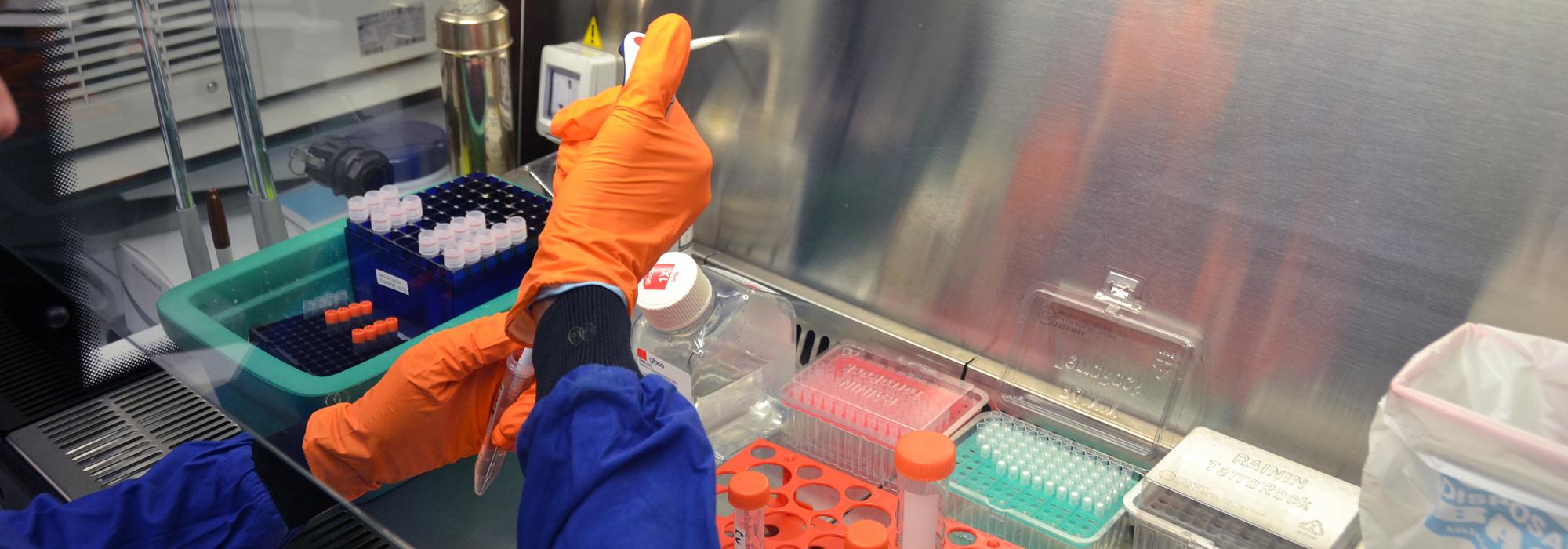
Preexisting and de novo humoral immunity to COVID-19 in humans: a Francis Crick Institute study on Science
A Francis Crick Institute study. Covid, an article, the one published by “Science”, that makes you think: British research has shown antibodies that protect from Covid even in people who have never been infected. A scenario that opens to vaccines synthesize from Ig of naturally resistant people
The same people had contracted a normal cold.
Researchers at Francis Crick Institute, together with University College London, in their work “Pre-existing coronavirus antibodies, could help protect children against new pandemic strain”, wondered why some people prove to be more resistant to coronavirus than others.
Covid, antibodies naturally produced by non-infected people? The discovery of researchers at the Francis Crick Institute
The researchers detected a pre-existing immunity in a small percentage of non-infected individuals at the time of analysis.
Sixteen out of 302 adults (5.3%) had IgG antibodies likely generated during previous “common cold” coronavirus infections and reacted crosswise with the S2 subunit of the Sars-CoV-2 spike protein complex.
The presence of these cross-reactive IgG antibodies was also much more present in an additional cohort of children and adolescents not infected with Sars-CoV-2 between 1 and 16 years of age: at least 21 of these 48 subjects (43.8%) had detectable levels of reactive IgG antibodies against Sars-CoV-2.
Kevin Ng’s team found that Sars-CoV-2 reactive antibodies to Sars-CoV-2 from this small group of non-infected individuals were predominantly IgG class – rather than IgM or IgA antibodies – and targeted the S2 protein, which is responsible for the entry of the virus into cells and is thought to be more similarly structured among the different coronaviruses than the S1 subunit.
The hypothesis feared by the researchers is the synthesis of a COVID-19 vaccine directly from the antibodies of these people naturally predisposed to neutralize SARS-CoV-2.


